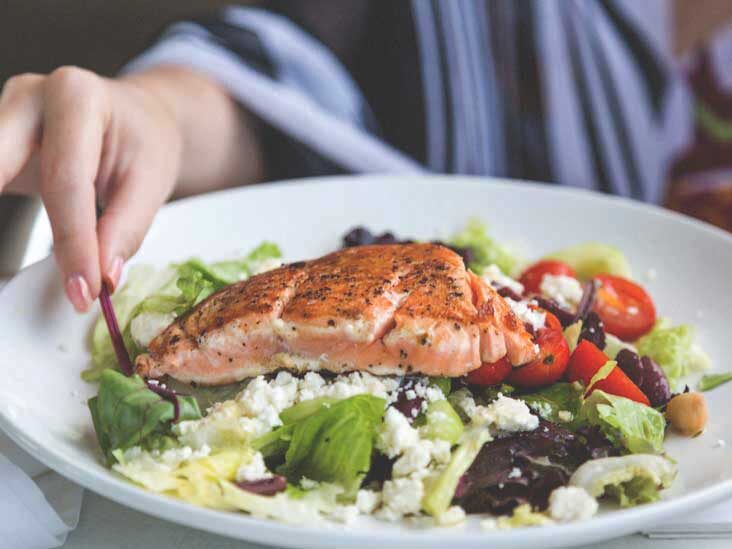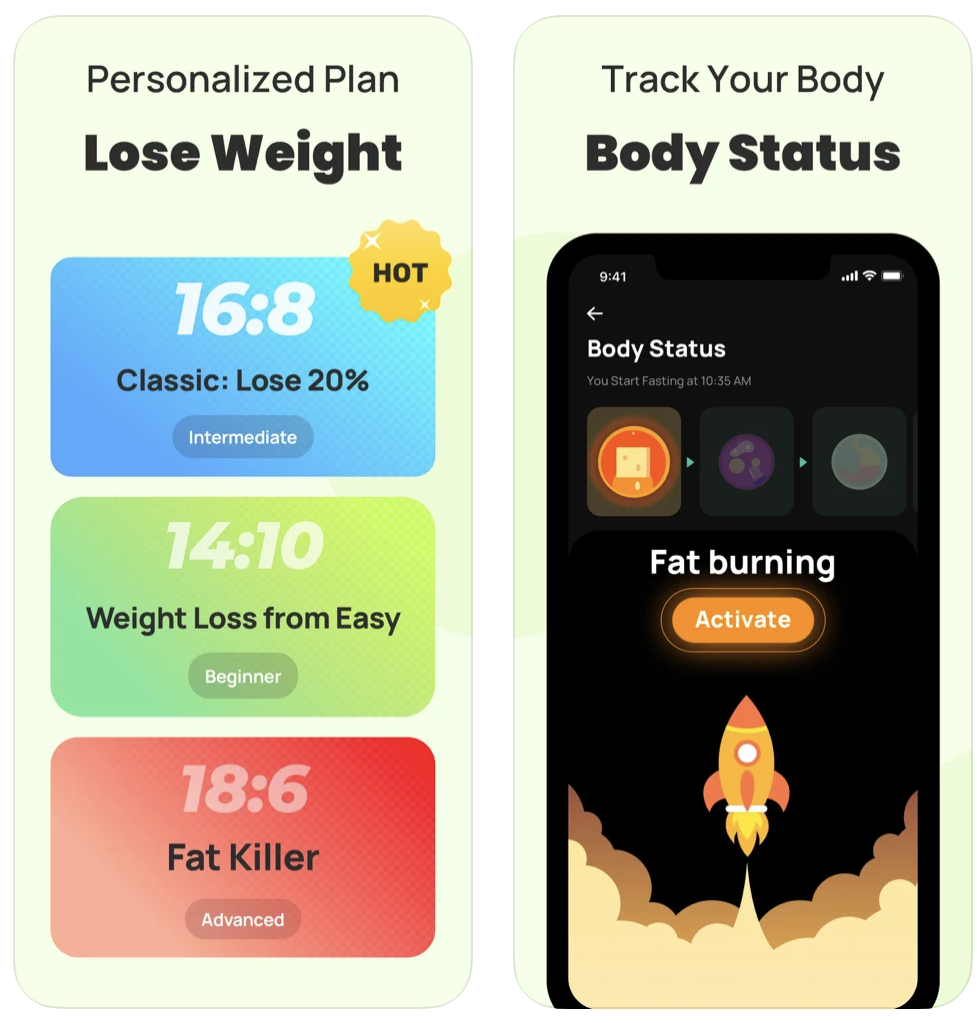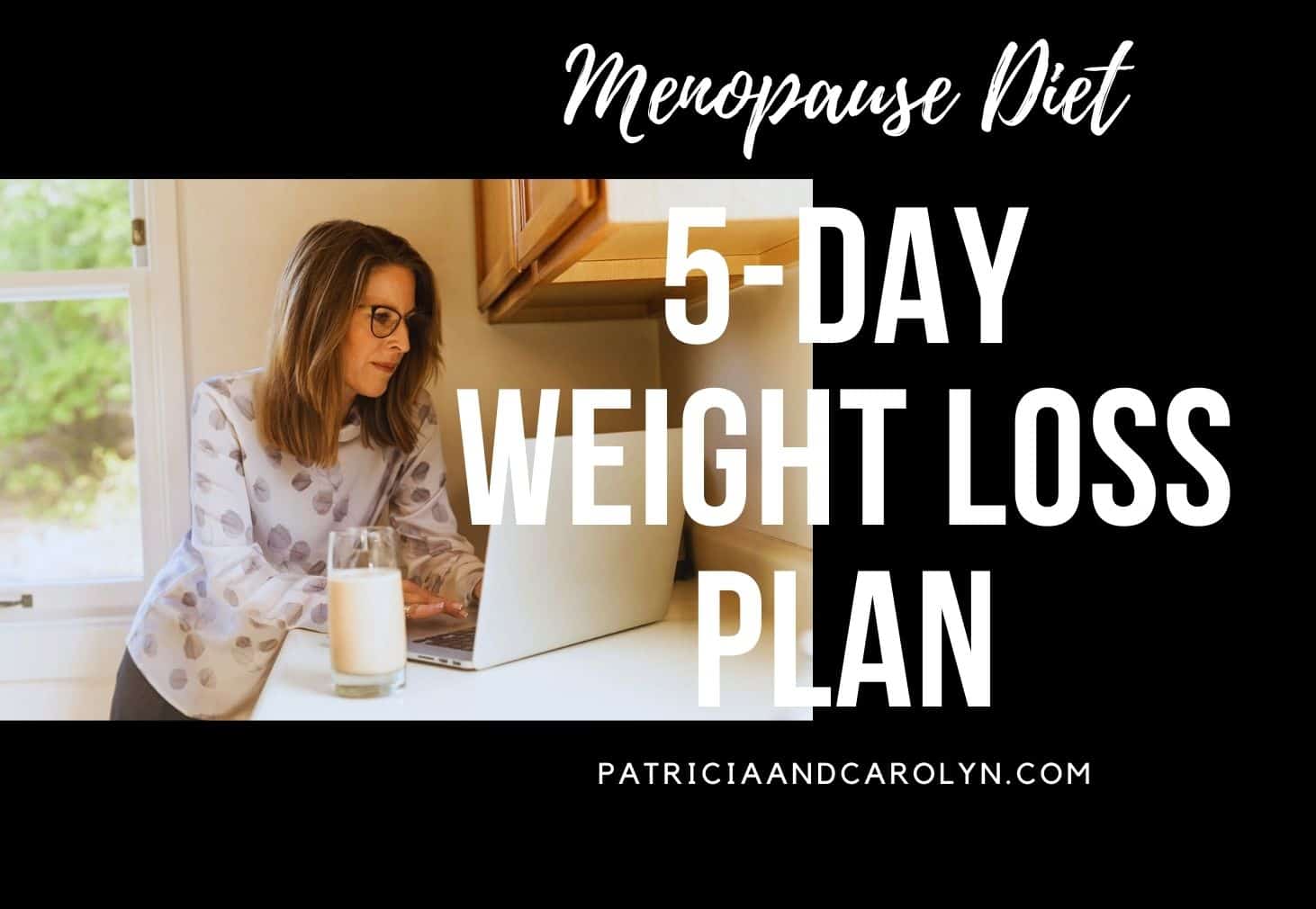
To lose weight, it is important to strengthen your cardiovascular system. Cardiovascular endurance is important for your overall health. It helps you burn more calories. The type of exercise you do will determine the degree of aerobic fitness you attain. You should keep your pace moderate. Strength/resistance is a powerful weight-loss exercise with many health benefits. It also helps to burn lots of calories.
Walk at a moderate speed
Walking at a moderate pace will burn fat without increasing heart rate. It also reduces your risk of injury. Although walking does not require any skill, you should make sure you're standing in proper posture when walking. Keep your head up, shoulders back and core active while you walk. Your glutes should be engaged with every step. Roll forward, balancing on your heels, and pushing your toes off the ground.

Geh in a fasted mode
Research has shown that even walking at a slow pace can help burn fat. This exercise has many benefits, however, they are not widely known. Most studies involve highly trained populations who engage in high-intensity exercise using specialized exercise equipment. It has not been explored whether the same exercise can be performed by a larger population. Brisk walking is an extremely popular form of exercise. Although there have not been many studies, it is possible to walk faster if you are hungry.
Walk in a fat-burning zone
The "fat burning zone" is an area in your body that burns more fat than usual. The fat burning zone is defined as a heart rate between 55 percent and 65 percent above your maximum, which is the equivalent of your age minus 2. While walking at a moderate pace is good for your physical health, a higher heart rate is best if you're serious about losing weight.
Fasting is a great way to burn calories.
Do your walking before you eat breakfast if possible. This will allow you to have a quick session that will burn more calories. Fasting will also increase your metabolism rate, which can help you burn more fat. In a recent study, British researchers found that walking before breakfast activates genes linked to effortless weight control and helps reprogram your body to become lean.

Do not overload your training to lose more calories
Walking helps you to burn belly fat. Visceral fat is a type of fat that can increase your waistline and cause you to be more susceptible to heart disease and diabetes. Walk at a medium to fast pace and increase your intensity by climbing stairs, or walking faster. This will maximize the energy you get from walking. Walking on a level surface can be more tiring than walking on a hard surface. It is better to alternate between fast and slow speeds.
FAQ
How does intermittent fasting impact my sleep?
Yes, intermittent fasting can impact your sleep. You may notice an increase in hunger hormones if you skip meals. You might wake up every night as a result.
Experts advise skipping breakfast. Instead, they suggest having a light snack before bedtime.
If you still wake up hungry after this snack, you can consume a small meal just before going to bed.
But remember not to overeat. If you do this, you might gain weight instead of losing it.
What level of exercise is required to lose weight?
The amount of exercise needed for weight loss depends on several factors, including age, gender, body type, and how much you weigh. However, generally speaking, most people need at least 30 minutes of moderate physical activity five days per week.
The American College of Sports Medicine recommends that you do 150 minutes of moderate intensity aerobic activity per week. This should be spread over three days.
For example, if you want to lose 10 pounds, aim to do 300 minutes of moderate-intensity exercise each week. This includes activities such as brisk walking, swimming laps, biking, dancing, playing tennis, golfing, hiking, jogging, running, and other similar activities.
You can start out by doing 20 minutes of intense activity three times a week. These activities could include sprints and lifting weights.
Aerobic exercise also helps burn calories and build muscle mass. Muscles can burn more calories that fat. So building muscle while losing weight may help you achieve your goal faster.
How often do people fast?
People who are on a ketogenic diet only fast once a week. Others fast twice per semaine. Others fast three or more times per week.
Each fast has a different length. Some people fast 24 hours, while others fast 48 hours.
Some people will even travel more than 72 hours. However, extreme cases like these are rare.
How long should I do Intermittent fasting to lose weight?
The answer isn't as easy as it seems. It is important to take into account a number of factors when deciding the optimal days for fat loss. These include:
-
Your age. You may find intermittent fasting too difficult if you're younger (under 40) because you have less time between fasts. On the other hand, if you're older (over 60), you may find that you don't have enough energy to sustain an extended period of daily fasting.
-
Your current body composition. You'll be most successful if you have lots of muscle mass. Shorter fasting might be more appropriate for you if you have less muscle mass.
-
How physically active. To ensure adequate rest between workouts, you might need to extend your fasting period if you exercise frequently.
-
Your health history. Patients with certain medical conditions, such as heart disease, diabetes, or cancer, may need additional fasting monitoring.
-
How do stress and anxiety affect you? Stress can cause us to eat more. To avoid this, you might want to increase the lengths of your fasting window.
-
Your diet. Certain diets, like ketogenic diets, may require even longer fasting periods.
-
How much sleep you get. Also, a lack of sleep has been linked with increased appetites and decreased metabolism. It may take some trial and error before you find the right combination.
-
The amount of protein that you consume. Protein stabilizes blood sugar levels. Therefore, eating more protein could result in lower insulin levels. This would allow you be more consistent in your fasting.
-
Whether you're trying to gain or lose weight, people who are trying to gain weight usually require longer fasting periods than those who are trying to lose weight.
-
What percent of your daily calories are you consuming during your fasting time? Fasting fewer calories per day may result in greater fat loss than fasting for more calories per day.
-
Your overall fitness level. Fasters who are very fit tend to have higher metabolic rates, which allows them to burn more calories throughout the day.
-
Your gender. Men are more hungry than women so they may have to fast for longer periods. Women may only fast for 20-30 mins each morning because they have a smaller appetite.
-
Your lifestyle. Are you someone who gets plenty of physical activity? Do you work out several times a week? Do you work at a desk all day? These factors could affect how much you should fast.
-
How much money do you spend on food? Eating healthy foods doesn't necessarily mean spending much money on groceries. You can save money by buying whole grains instead of white bread, fruits instead of candy bars, and lean meats instead of fatty cuts.
-
It is vital that you control your hunger. You might not have to fast as much if your hunger isn't a problem.
How to Create an Exercise Routine?
The first step is to create a routine for yourself. You need to know what you will do each day and how long you will spend doing it. This helps you plan and prevents procrastination.
It is important to make sure you are getting plenty of variety from your exercise routine. It is important not to get bored while exercising. This will cause you to lose interest and make it difficult for you to stick with it.
Also, you need to keep track on your progress. It's important that you keep track of the weight you have gained or lost over time.
It is easy to lose motivation after you have lost weight. It's harder to stay motivated if you gain too many pounds.
It is important to find the right balance between weight gain or weight loss. If you are unhappy about where you are, it will make you less likely to exercise.
How can busy people lose weight?
The best way to lose weight is by eating less and exercising more.
Overeating will lead to weight gain. You'll gain weight if you don't exercise enough. These two simple habits can help you start losing weight.
Statistics
- According to Harvard Health, it's estimated that a 155-pound (70-kg) person burns around 167 calories per 30 minutes of walking at a moderate pace of 4 mph (6.4 km/h) (5). (healthline.com)
- One study in 9 active men found that HIIT burned 25–30% more calories per minute than other types of exercises, including weight training, cycling, and running on a treadmill (18Trusted Source (healthline.com)
- Among women, the increase in metabolic rate was nearly 4%, or 50 more calories per day (14Trusted Source (healthline.com)
- Another study found that 24 weeks of weight training led to a 9% increase in metabolic rate among men, which equated to burning approximately 140 more calories per day. (healthline.com)
External Links
How To
How to Intermittent Fasting
Intermittent fasting refers to a diet where you only eat one day per semaine, typically Monday through Friday. The goal is to decrease your overall calories and still get adequate nutrition. This helps you lose fat more quickly than if it were your normal meals for the entire week.
The most common type of IF is to restrict calories on specific days of the week. This means you could skip breakfast every morning and still eat what you want the rest of the week. You could choose to eat three small meals per day rather than two big ones.
There are many different forms of intermittent fasting, including alternate day fasting, 5/2 fasts, 8/4 fasts, 16/8 fasts, etc. Each form of intermittent fasting comes with its own pros and cons. Alternate day fasting, which doesn't require you to change your lifestyle, is the best way to get started. However, for some people it can be difficult to follow a strict diet, so they may prefer to explore other options.
If you are interested in starting an intermittent fasting regime, I recommend beginning with alternate-dayfasting. This will allow you to gradually transition into more extreme fasting routines without completely changing your lifestyle.